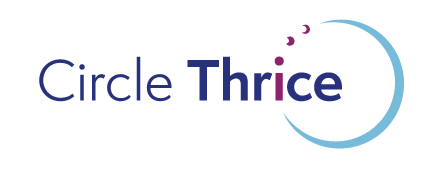When we were just starting out together, the man who would become my husband and I had a series of what we used to call student moves. You know what I’m talking about. You trade one shitty rental / slumlord for a different shitty rental / slumlord and you pack your minimal stuff into your car or – maybe – a friend’s borrowed truck and you haul it across town in an increasingly frantic series of mini trips. There’s not much packing because there’s not much to pack. You don’t have much furniture and you don’t have the means to really get any. You don’t do much planning and everything is usually last minute. And there’s a real risk of getting trapped under a giant bale of dirty laundry.
Our kid is now doing the same kinds of moves (except that we’ve actually helped him get some real furniture and have supplied him with a surprisingly well-appointed kitchen*). So he’s got more stuff to move, but it’s just as chaotic as any student move ever was.
* We managed to raise a young foodie, who is headed to culinary school in the fall, so this makes more sense than it otherwise would.
Whenever you move house, indeed whenever you make any big change in your life, you are faced with a series of decisions. What do you keep (in storage, with your parents, in a friend’s garage)? What do you take (in your bags, in your car, with you)? And what do you let go of (sell, toss, abandon on the curb with a free sign — a common sight in a college town at the end of every term)?
But you don’t have to move to ask and answer these questions. You can ask them at every turn and crossroads in your journey. For example, in thinking about my parents I have often pondered what I keep from them (memories, objects, personality traits), what I take forward with me (to my own child, to the active processes of my life), and what I let go of (that doesn’t serve or help me or my family).
This came up during some recent discussions about the process of moving, but it was also mentioned in a recent Podcast that Gordon did with Dougald Hine about his new book At Work Among the Ruins. Hine commented toward the end of the interview that in thinking about the world we want to build (from the ruins we are operating in) we need to decide what we want to carry forward into the future, what we can’t take forward but will mourn the loss of, and what we are ready and happy to leave behind.
So this particular theme is coming at me from all angles.
And in fact, it ties to a member bonus that I put out last month about having an inventory. Basically, when you are working on a goal, you’re going to have a long list of things to do and try. In industry, this is known as your backlog. But magically, I never liked the term’s directionality (like all the things that are behind you? or up against you?). So I’ve started using the word inventory (with it’s connotation of invention and discovery). There’s more about this in the bonus video, but for our purposes here, it’s interesting to think about inventory as not just a todo or experiment list for reaching your goals, but also an activity. You inventory when you take stock of all the things in your life.
Yes, we now have a house full of furniture and antiques and books and art — way more than we’d ever thought we’d collect through our lives. And many of those things are valuable to us in various ways. But a more critical inventory is one that centers on our beliefs and opinions, our stamina and health, our emotional and spiritual connections. Those things are more valuable and persistent than physical things. And going through them from time to time, deciding what you carry, what you store, and what you toss is a valuable exercise.


